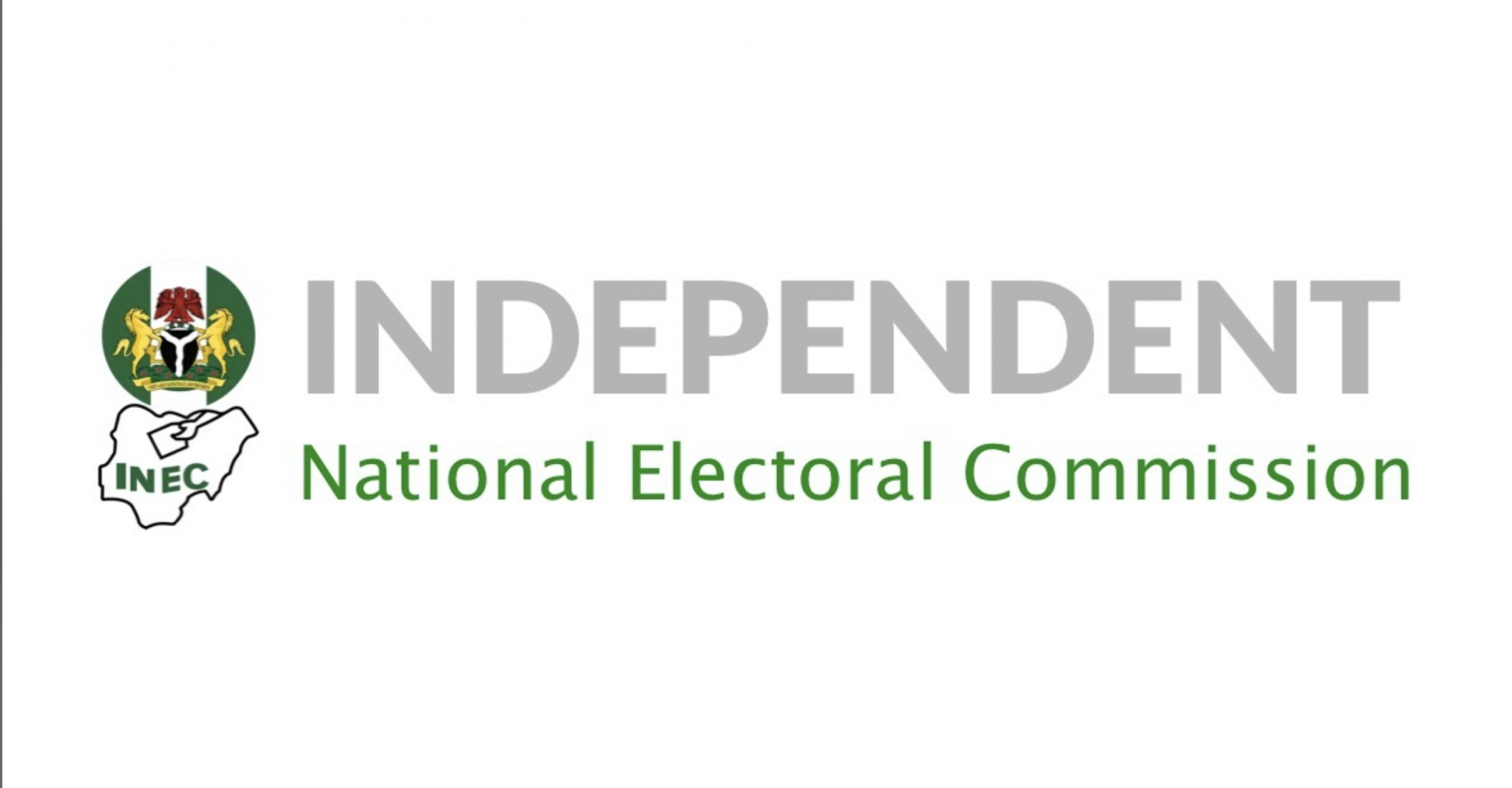The Independent National Electoral Commission (INEC) has dismissed claims that Nigerians have lost faith in the country’s electoral system, saying that recent voter registration figures prove otherwise.
There have been repeated claims in recent times, particularly from civil society groups, opposition figures, and political commentators, that Nigerians have lost confidence in the country’s electoral system following the controversies surrounding the 2023 general elections and ongoing voter registration exercise.
Executive Director of Yiaga Africa and an election development expert, Samson Itodo, in a recent TV interview, expressed concern over the declining public trust in Nigeria’s electoral system.
He also outlined the challenges ahead as the tenure of the Independent National Electoral Commission (INEC) Chairman, Professor Mahmood Yakubu, nears its end.
According to Itodo, the transition is highly significant because a new INEC leadership will oversee the 2027 general elections. He warned that if the process is mishandled, it could jeopardize the credibility of the polls
But responding to the claims, Chief Press Secretary to the INEC Chairman, Rotimi Oyekanmi, said in a statement that the overwhelming participation of Nigerians, particularly young people, in the ongoing Continuous Voter Registration (CVR) exercise was clear evidence that confidence in the ballot remains strong.
Describing the notion of voter apathy as a myth, Oyekanmi argued that those pushing the narrative have failed to provide any convincing evidence to support their claims.
“The notion that Nigerians have lost confidence in the electoral process is more of a myth than a reality, as those who proclaim it lack convincing evidence to support it.
“On the contrary, the high level of participation by Nigerians, especially the youths, in the ongoing Continuous Voter Registration (CVR), which began on August 18 this year with online pre-registration, shows that citizens still have confidence in the process,” he said.
According to Oyekanmi, data released by the Commission showed that when the CVR portal opened for online pre-registration on August 18, it recorded 69,376 entries in just seven hours.
By August 24, the number he noted had surged to 1,379,342, and by September 1, barely two weeks after the exercise began, a total of 2,532,062 Nigerians had pre-registered online.
He said the momentum continued, with 5,385,060 people uploading their details on the portal by the fifth week.
During the same period, Oyekanmi revealed that 764,695 citizens had completed their registration, including 399,162 who finalised their online pre-registration and 365,533 who registered physically.
Oyekanmi argued that no other African country had recorded such impressive voter registration figures within one month.
He pointed out reforms and improvements in the electoral system, pointing to the outcome of the 2023 general election as evidence of a more competitive and credible process.
He added, “The Commission has made significant improvements to the electoral system. The 2023 general election, more than any other election, demonstrates this fact. The election produced the most diverse National Assembly since the restoration of democracy in 1999. In the Senate, seven political parties won varying numbers of seats, comprising APC-59 seats, PDP-36, LP-8, NNPP-2, SDP-2, APGA-1, and YPP-1.
“Similarly, eight political parties won seats in the House of Representatives. They include APC-177, PDP-117, LP-35, NNPP-19, APGA-5, ADC – 2, SDP-2 and YPP-2. For the Governorship elections, APC won 16 States, PDP-10, LP-1, and NNPP–1
“In fact, nine political parties won seats in the State Assemblies. They include APC-533, PDP-355, LP-38, NNPP-29, APGA-20, YPP-8, SDP-7, A-1, and ADC – 1.
“The recent bye-elections also show that Nigerians have kept faith with the electoral process. Ironically, some of the most ardent critics of INEC are also in the forefront of calling for electoral reform to transfer Local Government elections to the same Commission. Surely, they cannot continue to walk on both sides of the road.”

